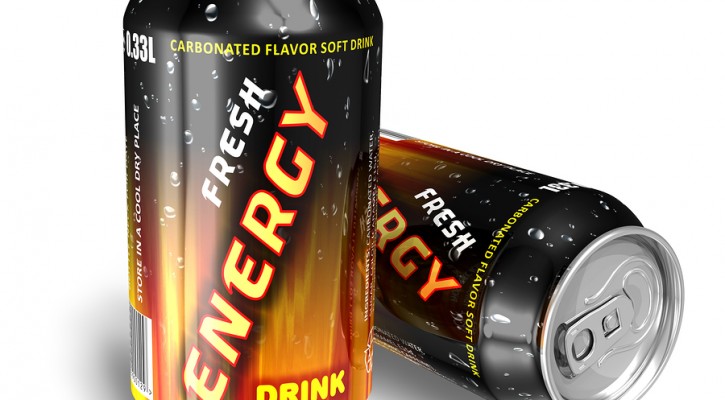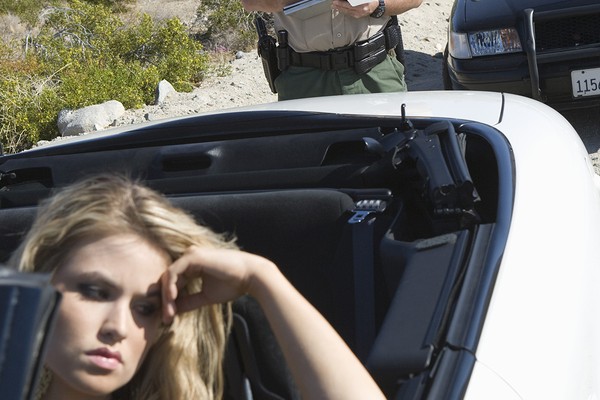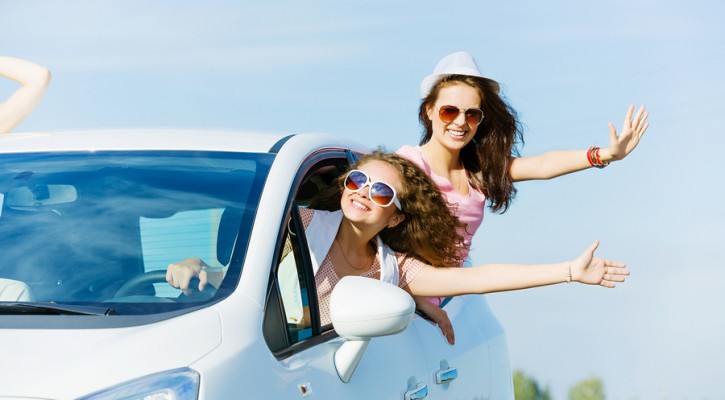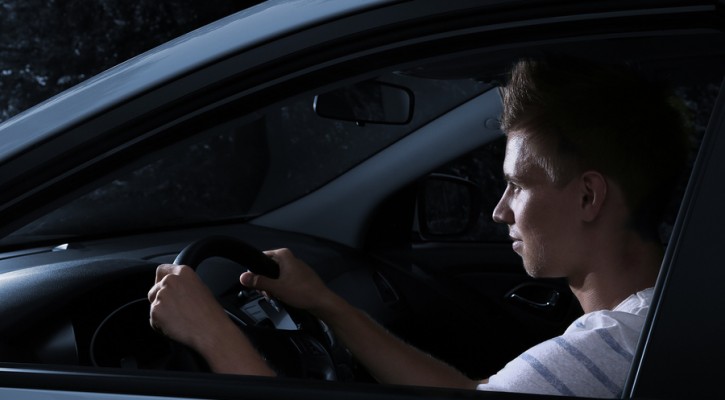Monthly Archives: April 2014

Energy Drink Related Emergency Room Visits Double
April 30, 2014
According to a report released in January 2013 by the Substance Abuse & Mental Health Services Administration, ER visits related to the use of so called energy drinks doubled from 10,068 visits in 2007 to 20,783 visits in 2011.
We were among the first to write about the issue of energy drinks and their effect on health and driving back in 2009 and have published several articles since but the warning bears repeating.
Energy drinks contain large amounts of caffeine and sugar and are marketed mostly toward young people as a way to gain energy, stay awake, or lose weight. Energy drinks are unregulated and there are really no limits on how much caffeine can be added to a drink.
The problem comes when young people, with their busy schedules, try to use the energy drink as a substitute for sleep. Once the effect of the caffeine wears off, a sleep deprived person will not be able to remain awake.
Another problem is “caffeine intoxication” which comes from overdosing on caffeine, leading to anxiety, excitability, restlessness, and an inability to concentrate. Caffeine in large amounts can lead to even greater health issues, including cardiovascular problems, seizures, and hallucinations.
A real danger comes when the energy drinks are mixed with alcohol or other drugs. According to the report, “bar patrons who consumed alcohol mixed with energy drinks were 3 times more likely to leave a bar highly intoxicated and were 4 times more likely to intend to drive while intoxicated than those who did not consume alcohol mixed with energy drinks.”
The report went on to say: “Of the 20,783 ED visits involving energy drinks in 2011, 58 percent involved energy drinks only and the remaining 42 percent involved other drugs. Pharmaceuticals were most commonly combined with energy drinks (27 percent), with 9 percent involving energy drinks and central nervous system stimulants (e.g., Adderall®, Ritalin®). About 13 percent of visits involved energy drinks and alcohol and one tenth of visits (10 percent) involved energy drinks and illicit drugs, with 5 percent involving energy drinks and marijuana.”
Some health experts have called for the FDA to regulate energy drinks and to place warnings on the labels. Canadian health officials enacted regulations beginning in January 2013 that limit the amount of caffeine in one drink to 180 mg or roughly the same amount as that contained in an eight ounce cup of coffee.

AAA Wants Teens To Make The AAA PROMise
April 29, 2014
With the arrival of prom and graduation season, the American Automobile Association (AAA) is promoting a program to help teens remain safe on the roads. In conjunction with the program, a survey of students in Florida, Georgia, Tennessee and Wisconsin conducted by AAA showed some disturbing information. Among the data found;
- 41% of teens report it is likely that they or their friends will be under the influence of drugs or alcohol sometime during prom or graduation season.
- 22% of teens have ridden in a car with an impaired driver or driven impaired because they didn’t want to call their parents for a ride.
The program sponsored by AAA is called the AAA PROMise. In the larger metropolitan areas of FL, GA, TN, and WI, if teens can’t get home safely from their prom or graduation and they call their parents for a ride, the parents can then call AAA for a free tow home for the family vehicle. Read more: Make the AAA PROMise

Ask The Driving School Instructor: If you get a ticket with a learner’s permit does it go on your driving record?
April 28, 2014
Question: If you get a ticket with a learner’s permit does it go on your driving record?
Answer: If you get a ticket while driving on your learner’s permit, it will go on your driving record. In Florida, a driver who is under the age of 18 must hold their learner’s permit for one year before being eligible to apply for a regular operator’s license. If you get a ticket during that period, your year begins again as of the date of the ticket. However, if you attend a driving school and your ticket, is “non-adjudicated” you can avoid having to start your year over again. You can only do that for one ticket. If you get a ticket in another state, that ticket will be reported to Florida and will be treated just as if you received the ticket in Florida.

Loud And Rowdy Passenger Behavior Most Dangerous For Newly Licensed Drivers
April 24, 2014
A newly released study in the Journal of Adolescent Health points to loud teen passengers as one of the most dangerous factors leading to crashes among newly licensed teen drivers. The study, conducted by the University of North Carolina Highway Safety Research Center, used video cameras to record driving situations allowing them to measure distracting events more reliably. Unlike events that the driver can control, such as texting and phone use, the loud and rowdy behavior of passengers is an uncontrollable factor that can be an even greater distraction for new teen drivers. Read more: New Study Identifies Loud Conversations Among Passengers as the Most Likely Distraction for Newly Licensed Adolescent Drivers

Ask The Driving School Instructor: In Florida, can you drive at night with a learner’s permit?
April 21, 2014
Question: Can you drive at night with a learner’s permit in Florida?
Answer: Under Florida law, a driver with a learner’s permit is restricted to daylight driving only for the first three months after receiving their learner’s permit. After the first three month period, you should start to practice driving at night. In fact, your parent or guardian must certify that you have had at least ten hours of supervised driving experience at night but you must receive that training before 10:00 at night. A driver with a learner’s permit is not allowed to drive under any circumstances between 10:00 p.m. and 6:00 a.m.
